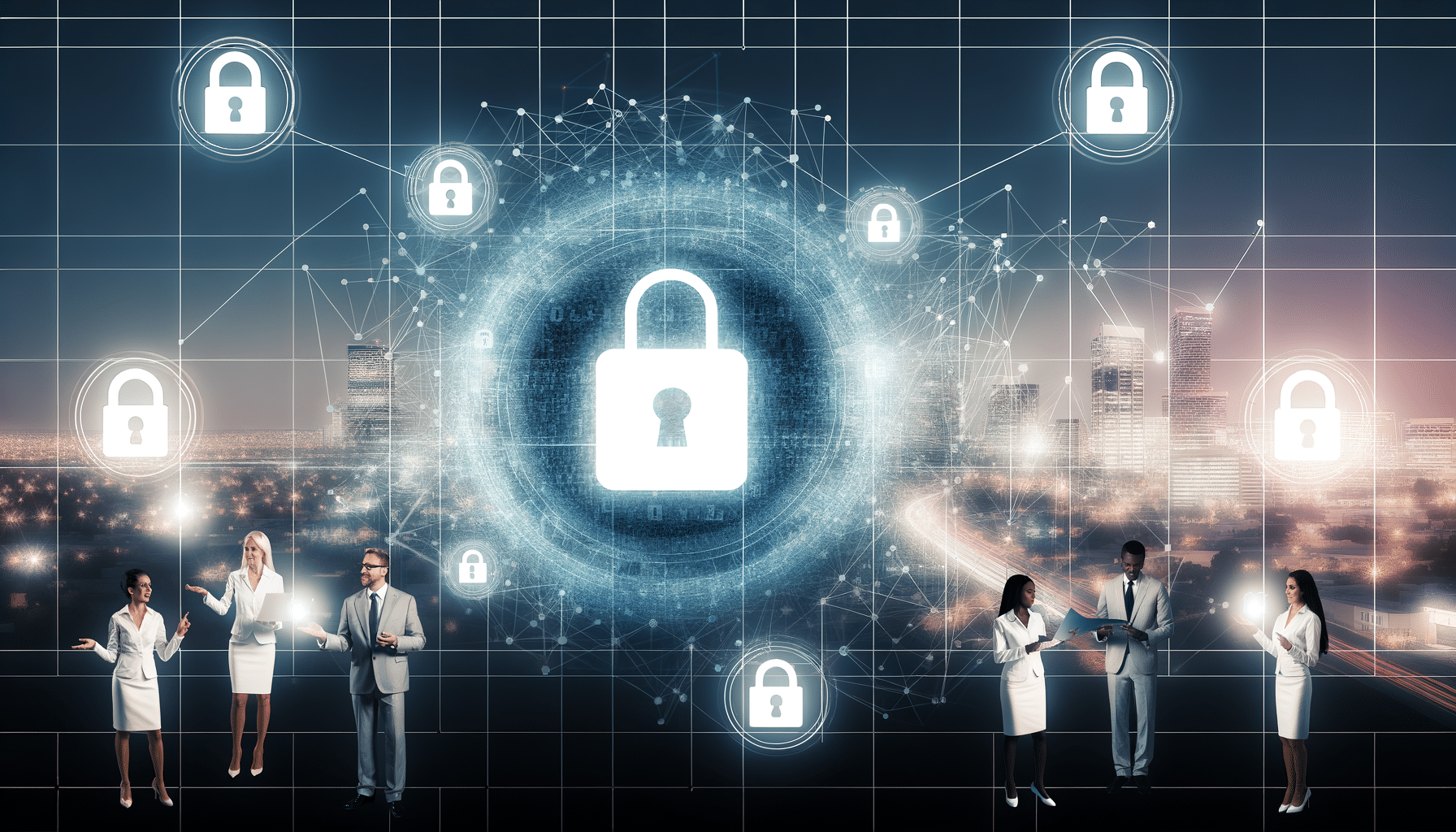Introduction
In an era where information is the new currency, ensuring the security and integrity of records is more crucial than ever. The digital landscape is evolving at a rapid pace, and traditional methods of identity management and record access are being challenged by innovative technologies. As the founder of RecordsKeeper.AI, a company at the forefront of merging artificial intelligence with blockchain technology, I am thrilled to explore how decentralized identity marks a revolutionary step forward in securing access to records.
The Core of Decentralized Identity
At its essence, decentralized identity is about giving control back to the individual. The concept revolves around creating an independent identity that is not linked to any central authority. By leveraging blockchain technology – a decentralized, tamper-proof ledger – this new model promises to be more secure and user-centric. Imagine having full control over which pieces of your identity information are shared, with whom, and for what purpose, all without the risks associated with centralized data storage. This is the promise of decentralized identity, and it’s becoming the backbone of secure record access.
Blockchain: The Catalyst for Change
Blockchain serves as the backbone for decentralized identity by ensuring that all interactions are recorded in an immutable, transparent way. Every action is timestamped and encrypted, making unauthorized access nearly impossible. One of the significant advantages is that blockchain does not store the data itself, but rather a cryptographic hash that can’t be reversed, safeguarding user privacy. This makes blockchain an ideal solution for managing decentralized identity across various industries.
Advantages of Blockchain in Decentralized Identity:
- Enhanced Security: The distributed nature of blockchain decreases vulnerability to hacks.
- Data Integrity: Once information is recorded, it cannot be changed, ensuring authenticity.
- Transparency: Users can view audit trails of actions performed on their data.
- User Empowerment: Individuals have complete control over their personal information.
Bridging Compliance and Security
One might wonder how decentralized identity aligns with stringent regulations like GDPR, HIPAA, and SOX. Ensuring compliance while maintaining user control is indeed challenging, but blockchain’s structure offers a robust solution. By decentralizing data storage, we mitigate risks that centralized repositories face with breaches and unauthorized access. Blockchain-based identity solutions bring fine-tuned access control, thereby helping organizations adhere to these regulations seamlessly.
Compliance Made Simpler:
- Fine-Grained Permissions: Automation of personal data flows aligns with privacy laws.
- Audit Trails: Easily accessible logs simplify regulatory reporting.
- Transparency and Trust: Establishes a verified trust-level with all stakeholders.
Real-World Applications
The adoption of decentralized identity is unfolding across diverse sectors. In healthcare, for example, patients can share their medical records with their providers without involving third-party data warehouses. Higher education institutions are beginning to issue verified digital certificates and transcripts via blockchain, eliminating the risk of fraudulent academic qualifications. Even financial services are employing decentralized identities to streamline Know Your Customer (KYC) processes.
As we increasingly move towards digitization in all aspects of life, utilizing decentralized identity becomes not only beneficial but essential for strategic advantage.
The Role of RecordsKeeper.AI
At RecordsKeeper.AI, we leverage blockchain for managing decentralized identities to ensure that access to records is secure, private, and user-controlled. This is more than just technology—it’s a paradigm shift in how we perceive record security and user autonomy. Our platform not only enhances record management but transforms it into a strategic advantage, freeing users to focus on core tasks without being bogged down by compliance issues or security threats.
Conclusion
As we look forward into the future of secure record access, decentralized identity stands as a critical innovation with far-reaching implications. In a world hungry for both privacy and transparency, it provides a balance, aligning security standards with user-centric control. Whether you’re a legal compliance officer or a finance head focused on safeguarding company records, embracing blockchain-powered decentralized identity through platforms like RecordsKeeper.AI is a step towards modernizing your record-keeping strategy. I invite you to follow my journey and explore how these technological advancements can empower your organization. The future of secure recording is here, and it’s decentralized.








